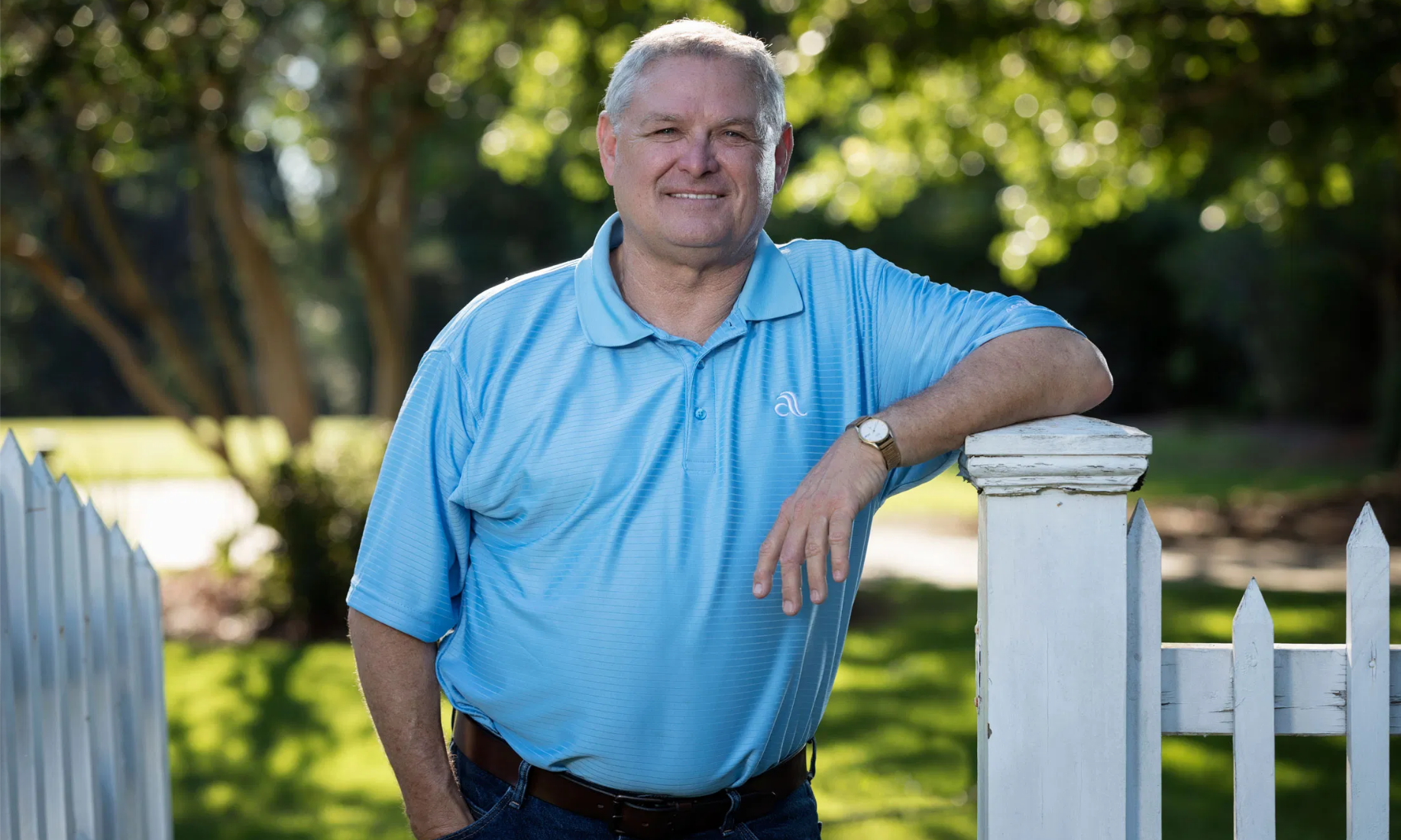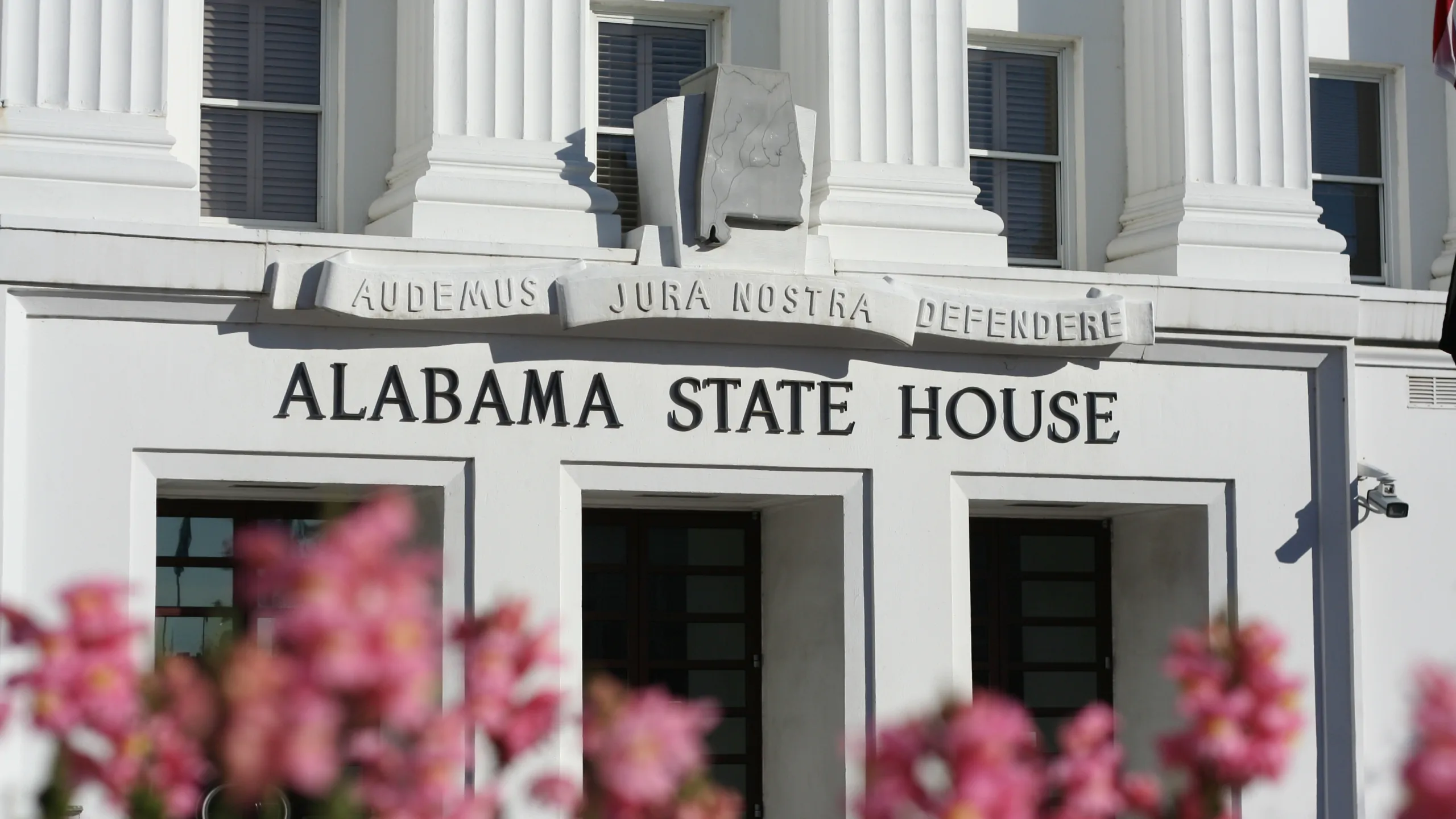For the second time in two years, Alabama has a new Congressional district map. And this one, like the last, is headed for a court challenge.
The Legislature has spent the last week debating the maps, although there wasn’t much debate to be had within the individual chambers; rather the criticisms of Democrats falling on the deaf ears of a Republican supermajority.
No, the real debate was behind the scenes between Republicans in the House and Senate, who pushed their own versions of maps containing just one majority-minority district.
Those differences were put aside in a quick conference committee Friday that made a handful of changes that effectively brought the Black voting age population in the new District 2 to nearly 40 percent, higher than the original plan proposed by Sen. Steve Livingston, R-Scottsboro, and lower than the Pringle Congressional Plan from Rep. Chris Pringle, R-Mobile. It also lowers the BVAP in U.S. Rep. Terri Sewell’s District 7 from about 55 percent to just over 50 percent, barely maintaining a majority-minority district.
Because the new map came out of conference committee, each chamber only had an hour to debate the map, with no real time to analyze it outside of the BVAP numbers.
Republicans have argued the map complies with the orders of a three-judge federal panel and the U.S. Supreme Court by creating an “opportunity district” in which Black voters have an opportunity to elect the candidate of their choice.
Democrats have criticized that framing, stating the map does not comply with the court’s opinion that a remedy map should create two majority-minority districts “or something quite close to it.”
The Legislature will have the opportunity to find out who was right at a hearing of the three judge panel on Aug. 14.
Livingston said there were three prongs of the court order to follow, including compactness and recognizing communities of interest, which the Republicans prioritized.
But the map relies in part on arguments the courts have already rejected, including the prioritization of keeping Baldwin and Mobile counties whole and together as a community of interest.
Rep. Juandalynn Givan, D-Birmingham, on Wednesday said the Republicans were basically “dropping an F-bomb on the Supreme Court.”
Ivey quickly signed the map into law on Friday evening.
“The Legislature knows our state, our people and our districts better than the federal courts or activist groups, and I am pleased that they answered the call, remained focused and produced new districts ahead of the court deadline,” Ivey said, despite the fact that federal courts will be the ultimate arbiters of whether the map is Constitutional.
Senate President Pro Tempore Greg Reed, R-Jasper, called the map a “fair solution” that “offers more opportunity for all voters.”
Both House and Senate committees brought in Othni Lathram, director of the Legislative Services Agency, to detail where he felt the court opinions were ambiguous in what remedy would satisfy the violations of Section 2 of the Voting Rights Act.
He also pointed out that, although the U.S. Supreme Court affirmed the lower court in a 5-4 decision, conservative Justice Brett Kavanuagh dissented on portions of that opinion.
“In those portions you are really reading a four-judge opinion,” Lathram said. “That’s a plurality, and it’s not legally binding.”
House Speaker Nathaniel Ledbetter, R-Rainsville, echoed that sentiment after the map’s passage Friday, noting that only one judge need be swayed by the new map.
“I think the movement that we have and what we’ve come to compromise today is a good shot.”
The Milligan Plaintiffs, who submitted their own remedial plan backed by House Democrats, denounced the state’s attempt at a remedial map.
“Let’s be clear: The Alabama Legislature believes it is above the law. What we are dealing with is a group of lawmakers who are blatantly disregarding not just the Voting Rights Act, but a decision from the U.S. Supreme Court and a court order from the three-judge district court. Even worse, they continue to ignore constituents’ pleas to ensure the map is fair and instead remain determined to rob Black voters of the representation we deserve. We won’t let that happen. Since the beginning of the redistricting process, we have testified before the State Legislature, sent letters, and proposed maps — then we sued to defend Black representation and won. We will not rest until the State of Alabama complies with the Voting Rights Act and enacts a map with two districts where Black voters have a real opportunity to elect their candidates of choice and the Legislature fulfills its duty to obey the law.”
Meanwhile, the map appears to give the state the best chance to keep the status quo with it’s six Republican Congressional seats to just one Democrat seat; Alabama GOP chair John Wahl said immediately after the U.S. Supreme Court decision that he thought the state could draw a map where Republicans actually have a chance to win all seven seats.
Livingston told Alabama Reflector that he had spoken with U.S. Speaker of the House Kevin McCarthy, R-California, about the redistricting process.
“He said ‘I’m interested in keeping my majority,” Livingston said. “That was basically his conversation … he’s just telling us to do what we can do. We did the best we could.”




















































